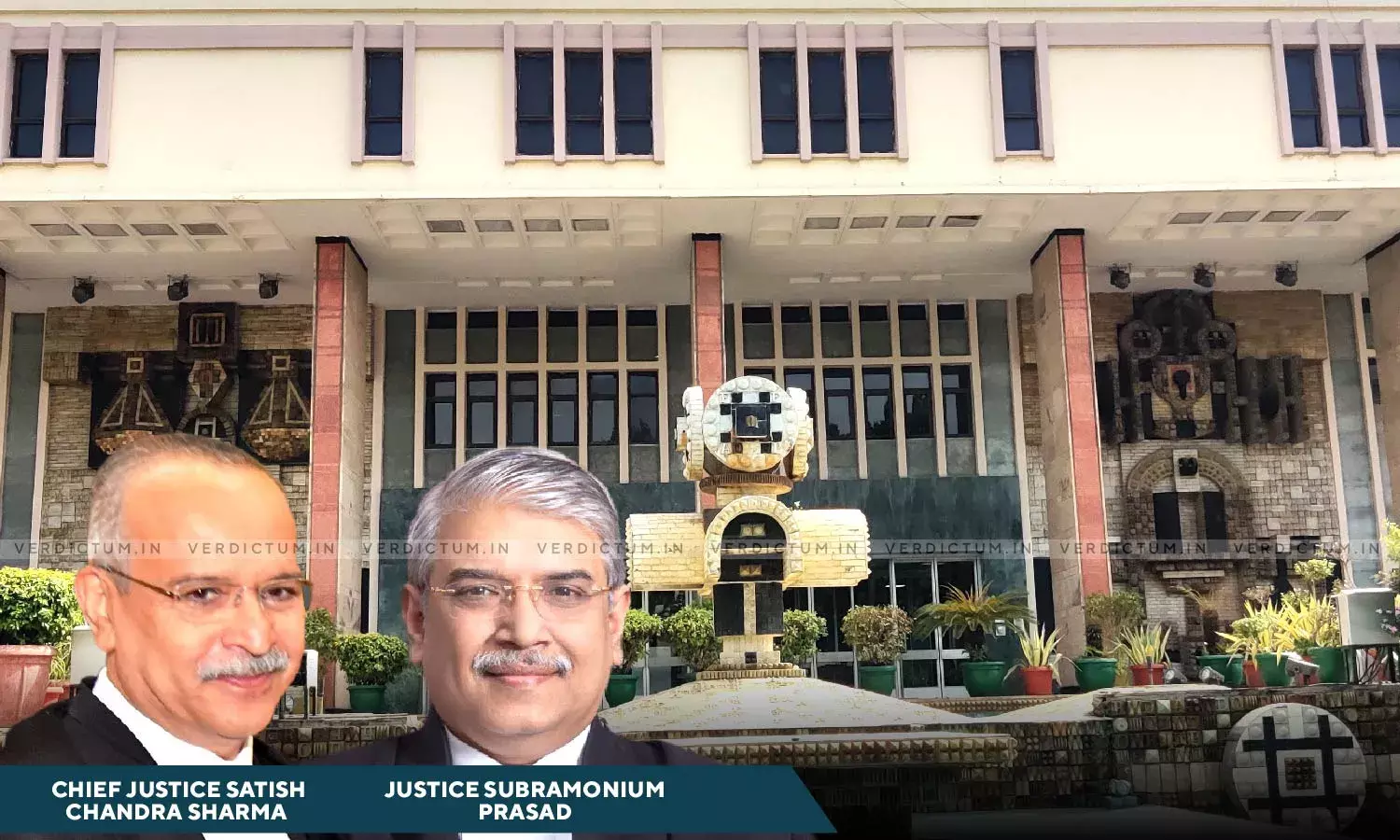Cannot Invoke Art. 226 To Give Senior Citizens Act Retrospective Effect If Legislature Has Intended For Its Prospective Application: Delhi HC

While rejecting the petition seeking retrospective application of Section 23(1) of the Maintenance and Welfare of Parents and Senior Citizens Act, 2007 (Senior Citizens Act), the Delhi High Court held that where the Legislature intends for the Act to function prospectively, the Court under Article 226 cannot exercise its writ jurisdiction and change it.
The Division Bench presided by Chief Justice Satish Chandra Sharma and Justice Subramonium Prasad while relying on plethora of judgments including Padma Sundara Rao v. State of T.N. [(2002) 3 SCC 533], observed that “The Act did not intend to disturb the rights of the donee which has already been created and vested in him. The Legislature is conscious of the fact that vested rights of the donor are not to be given a retrospective operation despite the fact that the object of the Act is to provide for measures for welfare of senior citizens”.
Advocate Sudarshan Rajan appeared for the Petitioner and Advocate Ravi Prakash appeared for the respondent.
In a nutshell, it is the case of Petitioner, aged 97, that his two sons by force and fraud made him sign a gift deed of a property from which monthly rent of Rs.10 lakh accrues, in their favour upon the promise that they will take care of the Petitioner. However, they do not take care of him. The gift deed was made in 2007 and the Senior Citizens Act came in 2008, wherein Section 23(1) of the Act functions prospectively. Hence, present petition praying that the Court should exercise its writ jurisdiction on the ground that the said provision is not constitutionally valid and hence, change the provision to act retrospectively so that the gift deed he made could be declared void.
After considering the submissions, the Bench observed that even though the Senior Citizens Act is made for providing welfare measure to senior citizens but it does not have a retrospective effect hence, it is not a case of casus omissus and the Court cannot change the provision to which the Legislature does not intend to.
While stating that the Court cannot interfere with the intention of the Legislature where it is clear and without any defect, the Bench highlighted that “It is well settled that unless the terms of statute expressly provide or necessarily require it, retrospective operation should not be given to a statute which will have the effect of rights being created in favour of others.”
Therefore, referring to the recent judgment of the Kerala High Court in Human Rights and Social Welfare Forum Represented through its Chairman Dr. Vijeesh C Thilak v. Union of India Represented by Secretary & Anr. [2021 SCC OnLine Ker 12268], wherein it was held that the Senior Citizen Act is intended to be prospective in nature, the Bench dismissed and clarified that it cannot exercise its writ jurisdiction and go against the intention of the Legislature.
However, the Bench also added that the Petitioner is free to approach competent authority, and directed the competent authority to adjudicate the suit of the Petitioner in accordance with the law.
Cause Title: Charanjit Singh Ahluwalia v. Union of India [Neutral Citation - 2023: DHC: 3306-DB]
Click here to read/download Judgment

